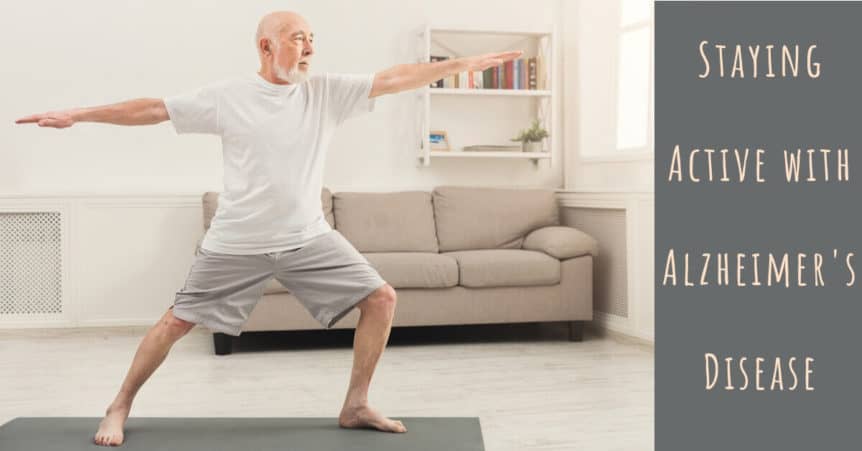- The Emotional Journey of Accepting Hearing Loss - October 25, 2024
- Making a Style Statement with Hearing Aids This Fall - October 15, 2024
- Fireplace Safety and Hearing aids - October 4, 2024
If you or a loved one has dementia or Alzheimer’s Disease, then September is the month for you! For the past several years, Alzheimer’s Disease International (ADI) has celebrated September as World Alzheimer’s Month, a time to raise awareness about Alzheimer’s Disease, reduce the stigma that surrounds dementia, and help people learn how to reduce the impact Alzheimer’s Disease has on their brains and on their lives.
What is Alzheimer’s Disease?
Alzheimer’s Disease, the most common form of dementia, is a degenerative brain disease that mainly affects adults over the age of 65. It attacks and destroys cells in the brain as an increase in proteins in the brain leads to a build up of two deadly groups of cells called plaques and tangles. These cells harm the neurons in your brain, as well as disrupting the neural networks within your brain, meaning that the cells aren’t able to communicate properly. For example, areas of your brain involved in thinking can’t send signals to areas of your brain responsible for sensation, or for movement. Even if your body is healthy and your hands can feel touch or your ears can hear, your brain isn’t able to receive the information and act on it. As time goes on, Alzheimer’s Disease causes the brain to shrink dramatically.
At first, signs of Alzheimer’s Disease are mild, like forgetfulness or memory problems. You may be confused, or might even find yourself at the store without remembering how you got there. It can be hard to remember the date or the time. As Alzheimer’s Disease progresses, it becomes increasingly difficult to perform the daily tasks of life, and things you’ve done hundreds of times become impossible. Finally, someone with Alzheimer’s becomes unable to care for themselves, and must rely on others for all their daily needs.
Staying Active with Alzheimer’s Disease
One way to slow the effects of Alzheimer’s Disease on your brain is to stay active. Being physically active supports physical and mental health by promoting heart health, keeping your weight stable, making it easy to get a good night’s sleep, and exercising muscles and joints. Try 10-minute mini workouts, and rest as much as you need to. Try going for a short walk, watching an exercise video, or dancing to your favorite song. You can do simple chores around the house like sweeping and dusting, or use a stationary bike. Some people like to lift small weights or toss around a ball, but you can do any activity that will get you up out of your chair.
Keeping the Brain Active
Being active is also good for your brain. Getting outside and moving requires a lot of brain activity, so you’ll be exercising your brain while you’re exercising your body. Another reason to stay active is to have meaningful social interactions. If you go through the whole day without talking to anyone, it’s not surprising that your brain slows down even more, and you’re more likely to suffer from dementia, Alzheimer’s Disease, social isolation, and depression.
How Treating Hearing Loss Can Help
If you’re living with untreated hearing loss, you’re actually increasing your risk of Alzheimer’s Disease. Those with hearing loss are usually far less active then their hearing peers. Are you stressed every time you go outside, and worried that you won’t hear the honking of a car horn, or the shout of the teenager speeding around the corner on his bike? Have you stopped meeting your friends for dinner because you’re too embarrassed to admit that you can’t hear what they’re saying? Living with hearing loss means you’ll be less active, and may become cut off from your loved ones. You become less active, and your brain doesn’t get enough exercise. Do the right thing for your brain and to reduce your chances of developing Alzheimer’s Disease by treating your hearing loss.
New Leaf Hearing Clinic
At New Leaf Hearing Clinic, we are invested in your hearing health and the health of your brain. We’ll start with a hearing test, and work with you to find the perfect pair of hearing aids to fit your lifestyle and hearing needs, as well as help you keep your body and brain active and healthy.

